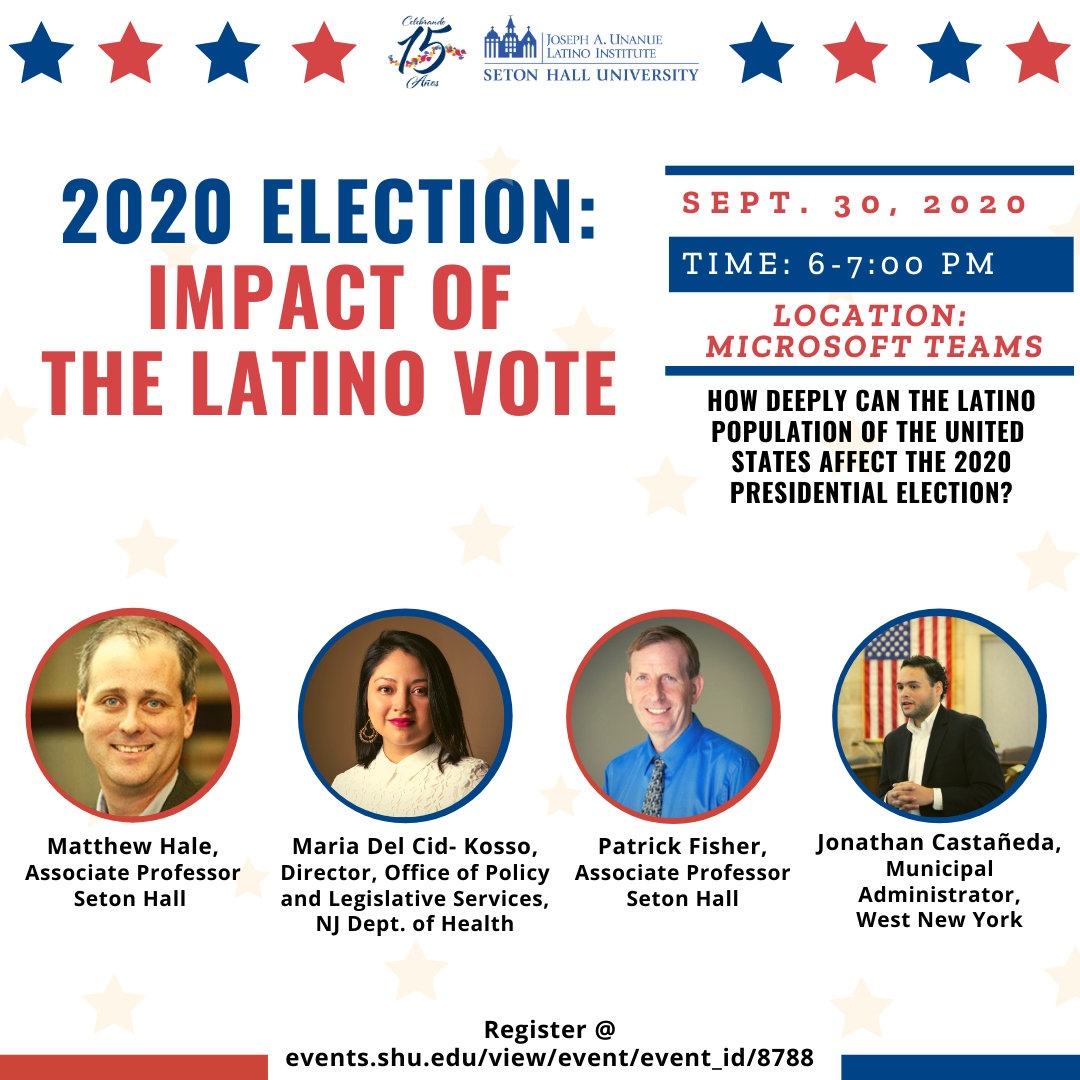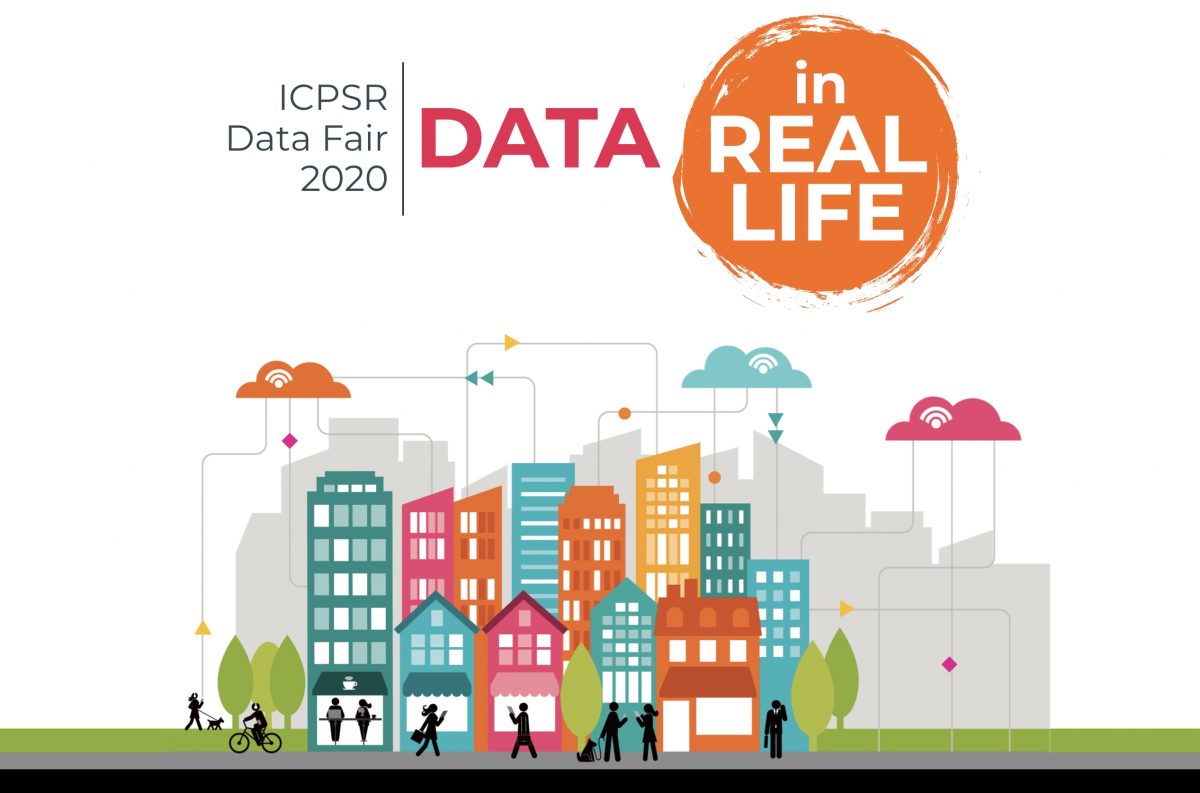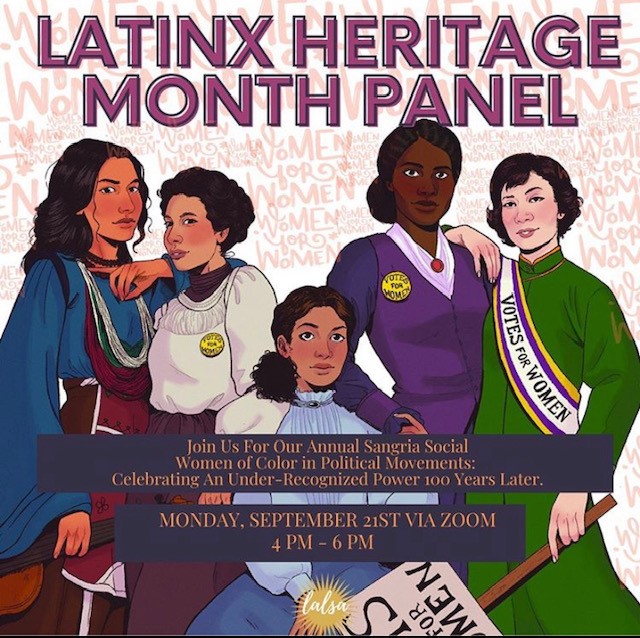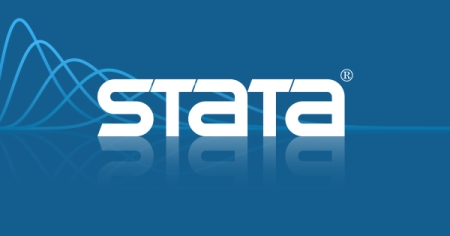Seton Hall University Libraries, in conjunction with the Department of Information Technology, is excited to announce a campus-wide license for Stata is now available for student and faculty use.
Professor Joseph Huddleston, Assistant Professor at the School of Diplomacy and International Relations, notes “I am so glad we can offer access to Stata to our students now. Stata is a standard analysis software in International Relations, Political Science, Economics, and other social sciences. It is a powerful tool, both for instruction in the classroom and for students’ own research projects.”
What is Stata?
The name Stata stands for a syllabic abbreviation of Statistics and Data. Stata is a statistical software package that provides tools for data management, statistical methods and data visualization, much like SPSS. It is a powerful tool to create publication-quality graphs and tables.
Why Stata?
Stata offers both pull-down menus and command syntax. Stata commands are very intuitive and easy to use and learn. Stata has a powerful reproducible documentation and version control systems. These systems ensure that researchers will have the same results every time they run the commands. Stata offers a wide number of learning resources including short video on how to use Stata.
How to request and install Stata?
To request a copy of Stata/SE use the Software Request form from the IT Department.
For help with Stata:
Please contact SHU Libraries Data Services: https://library.shu.edu/data-services
Data Services Group
University Libraries launched its Data Services Group in Fall 2019. Librarians and a Data Support Specialist are available to provide training in data management, specific tools like Stata, SPSS and R, Survey Research Methods for Qualtrics and Data Management for Seton Hall University students, faculty, staff, and administrators. For further information, please view the Data Services website.
Interested in learning more? Sign up for Stata class offered by SHU Libraries Data Services for the SHU community:
9/16, Wednesday class 1pm – 1:45pm, Introduction to Stata
9/22, Tuesday, class 4:15 – 5pm, Introduction to Stata
9/23, Wednesday, class, 10am – 10:45am, Introduction to Stata





